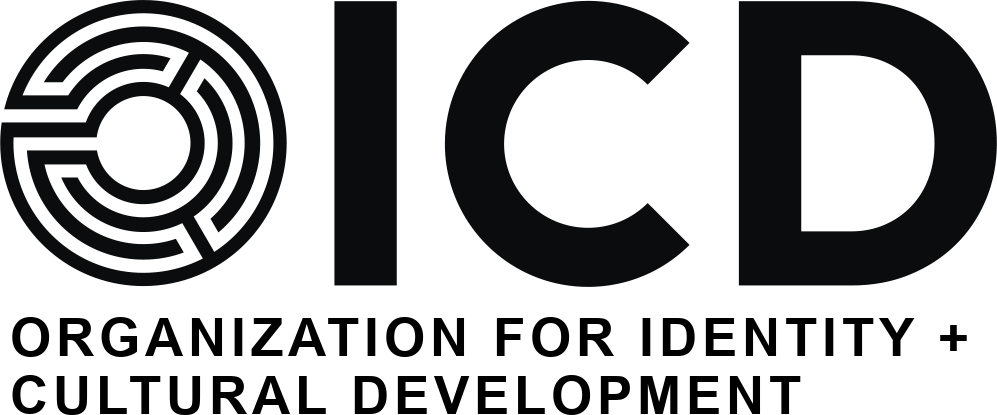Education, Arts & Culture
FEATURED RESOURCE
UNESCO COLLABORATION
Loading resource...

Featured Projects
Loading featured projects...
Featured Articles
Loading featured posts...
Loading latest posts...
Our Services
Supporting transformation in education, arts and culture
The OICD offers a comprehensive suite of services which together equip professionals in the education, arts, and culture sectors with powerful identity-based tools to enhance cultural understanding, foster inclusive learning environments, and create transformative artistic experiences that bridge societal divides.
Workshops & Training
Transform educational practices and cultural programs through identity-aware approaches
Key Benefits
- Develop identity-aware teaching methods
- Master arts-based approaches to cultural understanding
- Create inclusive learning environments
- Design effective cultural programs
- Enhance student/audience engagement
Format
- Flexible in-person or online delivery
Ideal for
- Educators, arts organizations, cultural institutions
Implementation & Advisory
Transform educational institutions and cultural programs through systematic change
Key Benefits
- Comprehensive cultural program development
- Evidence-based educational transformation
- Arts-based community engagement strategies
- Impact assessment frameworks
- Ongoing expert guidance and support
Format
- Customized in-person, hybrid, or online delivery
Ideal for
- Schools, universities, museums, arts organizations
Professional Development (EMIC Certification)
Gain advanced expertise in identity-based approaches for education and culture
Key Benefits
- Identity-aware curriculum development
- Arts-based transformation techniques
- Cultural competency frameworks
- Advanced program evaluation methods
- Professional certification pathway
Format
- Structured certification program with flexible delivery
Ideal for
- Educational leaders, arts administrators, cultural professionals
Learn More About the OICD's Unique EMIC Approach
